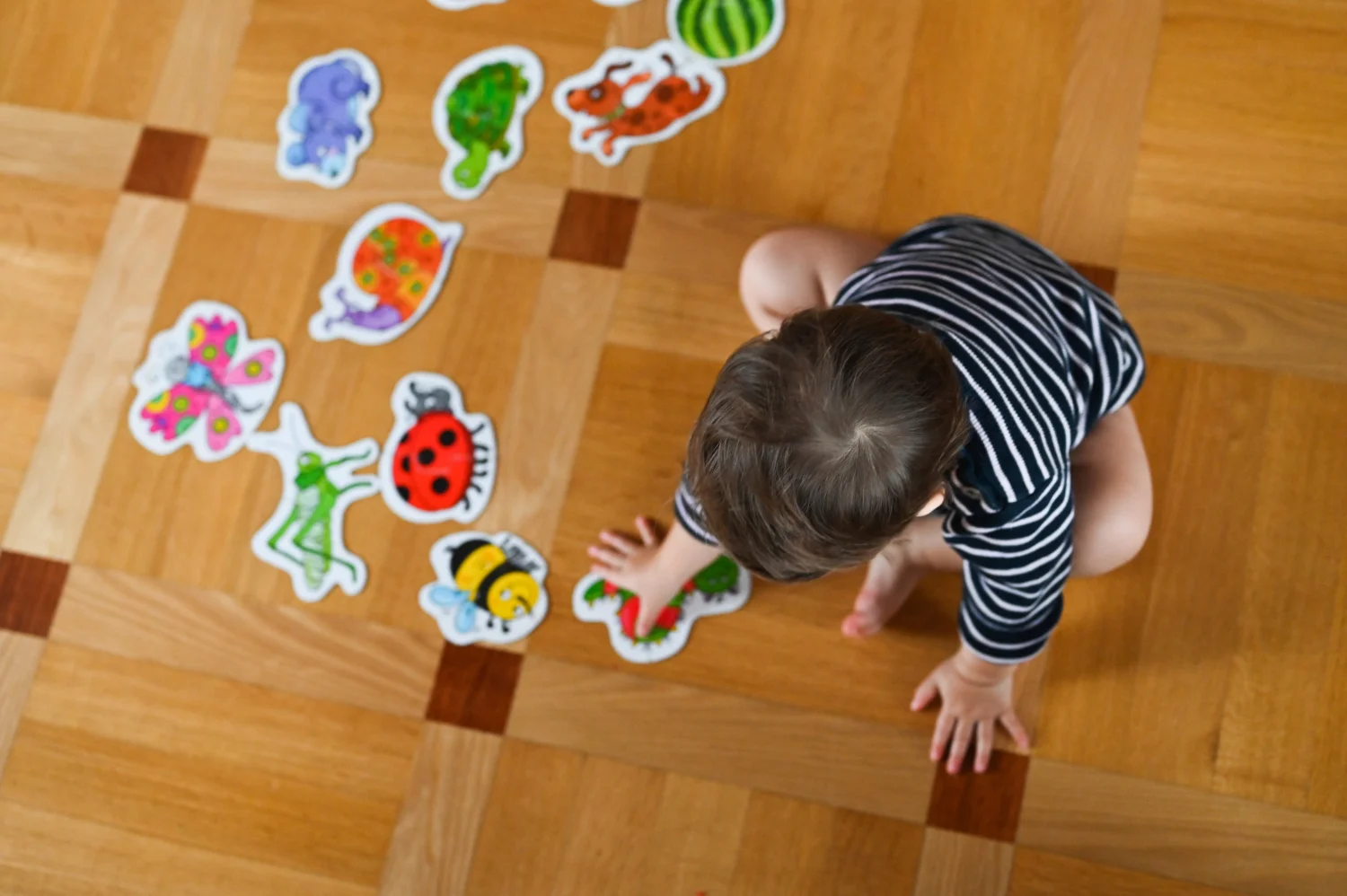5 Fun Ways to Teach Arabic for Kids

Arabic, which is the native tongue of more than 200 million people worldwide, ranks 6th among the major languages of the world. This fascinating and ancient Semitic language arouses many questions regarding its varieties and dialects by learners. Learning Arabic for a child is a long and tough mission that requires a lot of patience, motivation, and perseverance when living far from Arabic-speaking countries. Therefore, you must be aware of this so you do not give up too early. Bilingual children have better executive function, they have highly developed communication skills that allow them to reason their way through complex problems and ideas, and then clearly express their thoughts. Further research shows that the brains of people who are bilingual or multilingual are better at switching between tasks than the brains of people who only speak one language. This has been attributed to the brain’s need to inhibit one language while utilizing another. Accordingly, parents must be ready and determined to complete this challenge. In this article, we will reveal our fun tips to help you teach Arabic to your kids more easily.
5 Fun Ways to Teach Arabic for Kids
Kids get bored easily, so it’s essential to teach them through fun Arabic learning activities, and games. Learning through games and activities enhances their skills and cognitive and social abilities. We know that teaching Arabic to your kid on your own is not easy, therefore, we collected some of the best Arabic learning activities. Also, keep in mind the child’s age when choosing the right activities and games. Additionally, don’t forget that every child has his preferences and interests. Let's start!
Arabic Short Stories
Start reading Arabic stories to your children and make it a daily habit. Reading is essential for the development of the child’s language. You can start reading albums and very small stories in Arabic for kids from the age of 6 months, and little by little, increase the richness of your sentences and enjoy reading more and more stories from different styles. This method can be both fun and educational, helping to build vocabulary, comprehension, and listening skills. Storytelling plays a vital role in teaching and is perceived as the oldest form used throughout history as it keeps children engaged in learning.
Arabic Educational Games
Children’s minds tend to pay more attention when the things they learn are fun and engaging. Do your best to turn the process into a game. Day by day, you will notice how much the level of your children in Arabic improves. We suggest some Arabic educational games for kids, such as:
- Flashcards – Arranging the Arabic letters and numbers in order.
- Play dough.
- Tracing sheets.
- Montessori-style sand trays.
- Montessori tracing board.
- Blocks.
- Magnets.
Arabic Songs
You can introduce Arabic music to your child by singing lullabies, and traditional songs in Arabic. Enjoy listening to Arabic music during your car trips or any time of the day. Make your child listen to the same songs regularly because repetition develops their hearing memory. Your child becomes familiar with the sound, discovers a new vocabulary, and unconsciously learns the Arabic language. To go further, download the lyrics, and try to sing with them their favorite song while explaining to them the meaning of the lyrics.
Meet the Arabic Culture
Introducing kids to Arabic culture can make learning the language more interesting and meaningful. This could include cooking Arabic food together, celebrating Arabic holidays, or exploring Arabic art and history. Remember, children learn at their own pace, and what works best will depend on the child’s individual learning style, interests, and abilities. The goal is to make the learning experience enjoyable so that they will stay interested and motivated. Also, seek out local Arabic-speaking families or Arabic cultural events where your child can interact with peers. Playdates, group activities, or Arabic classes for kids led by native Arabic speakers can give your child authentic language exposure and a comfortable environment to practice speaking Arabic.
Online Arabic Lessons
Having a native and skilled Arabic teacher for kids can be one of the most effective ways by which you can make your child speak Arabic fluently with no pronunciation mistakes. It can also save you a lot of time all through the journey and you will see your kids proficiently learning Arabic. Click here for a free Arabic lesson.


